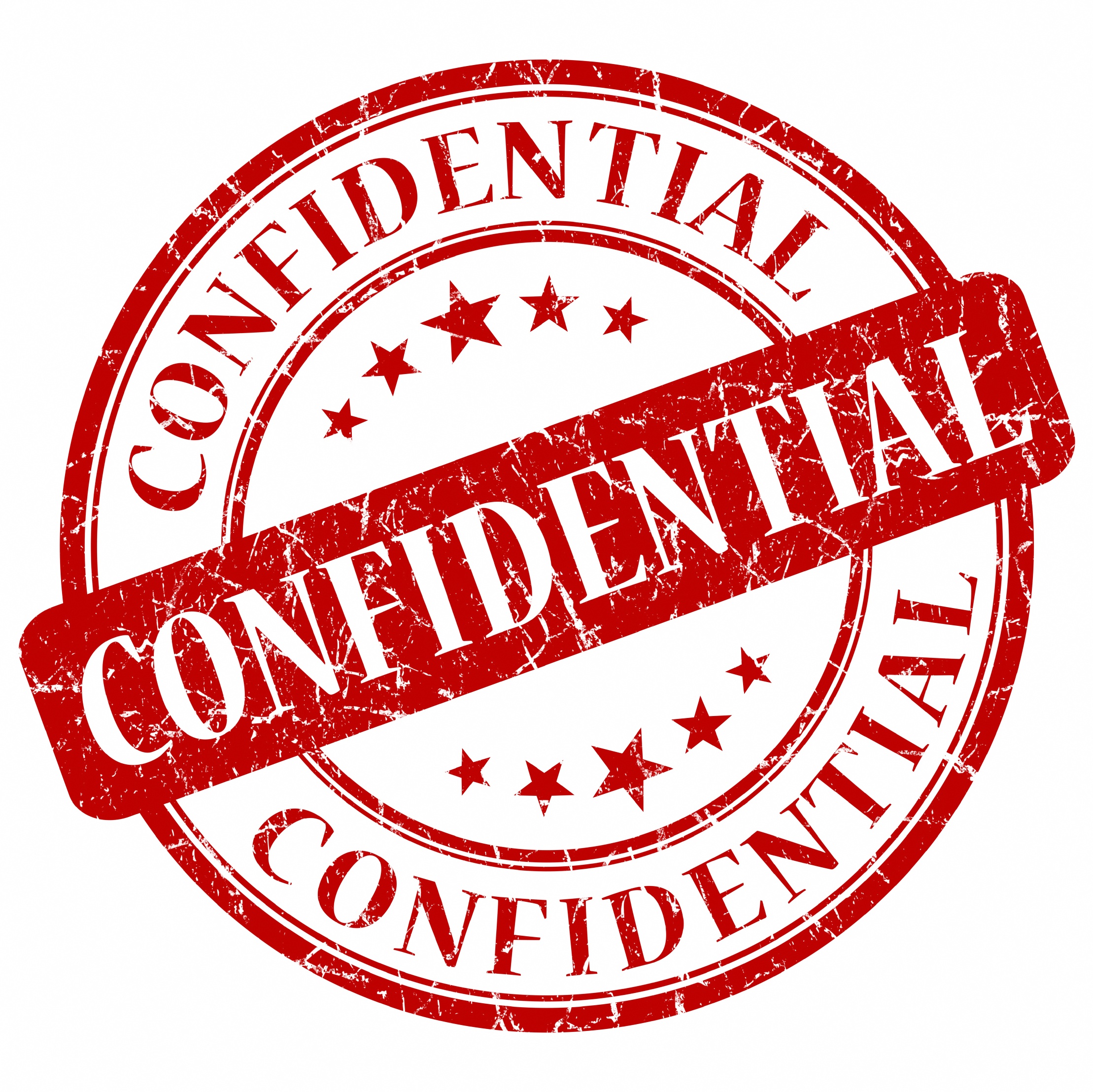What is Confidentiality
Confidentiality means information you share with another person, either written or verbal, will be kept between you and that person. It’s common to confide in friends because you trust them. Keeping certain things confidential is kind of an “unspoken rule” in a friendship, but it can also be important that others—like health and mental health professionals—keep your information private as well. Unless Someone is hurting you, you are hurting someone, you are hurting yourself, or you give permission to share with another trusting adult, what you say here stays here. For doctors, nurses, counselors and all other health and mental health professionals, confidentiality is part of a professional code of ethics. Health professionals agree to abide by a set of ethical principles that include keeping your information confidential. Doctors and nurses cannot disclose your medical information unless you give them permission to do so. However, if you threaten bodily harm to yourself or another person, then your physician must reveal this information to the proper authorities. If you’re unsure about what a health professional might report, you should talk to the person about your concerns. You might also want to find out who will receive the information—in some cases, it could be your family, the police, or state and local officials. In some rare situations, it could involve speaking in court. Private communication between you and your physician is also protected by law.

Powered by w3.css